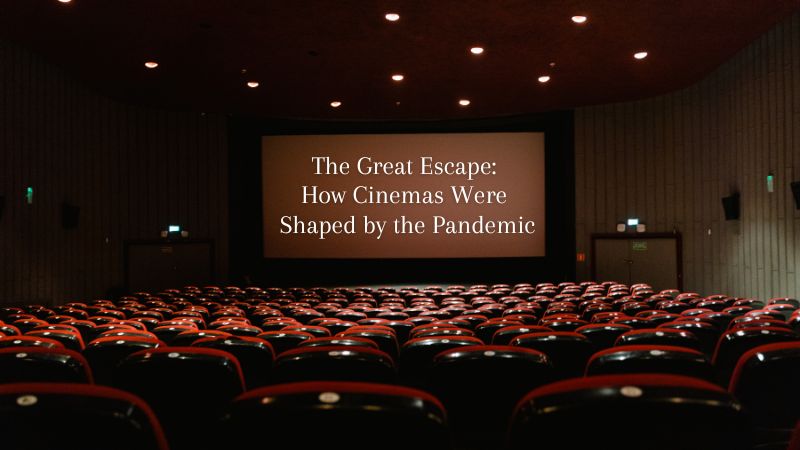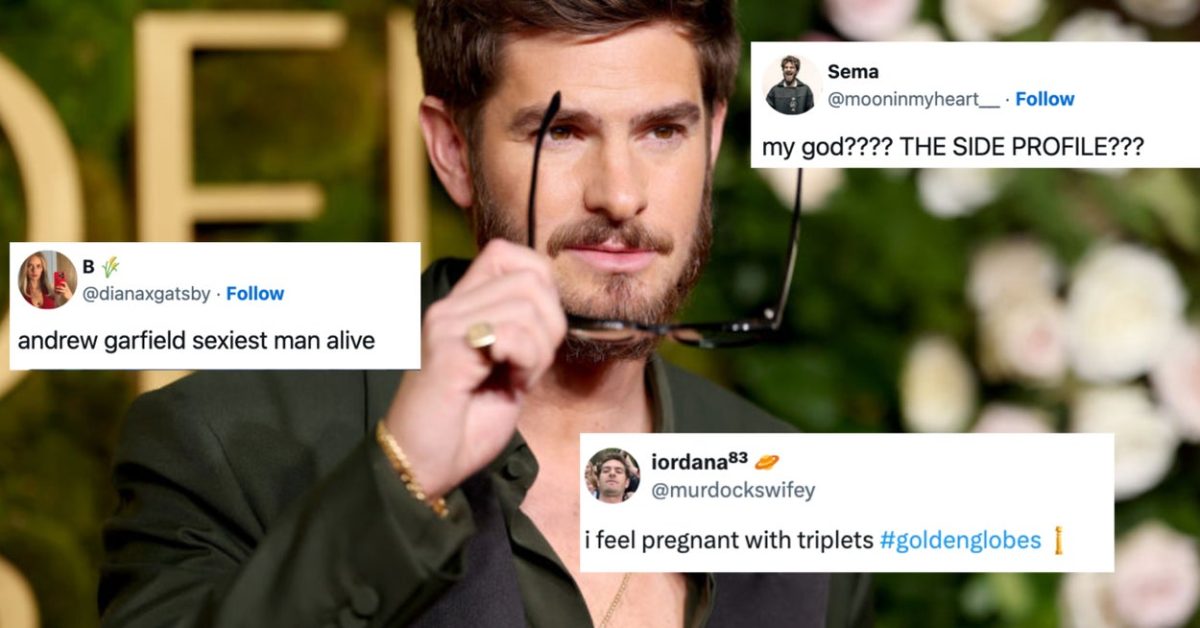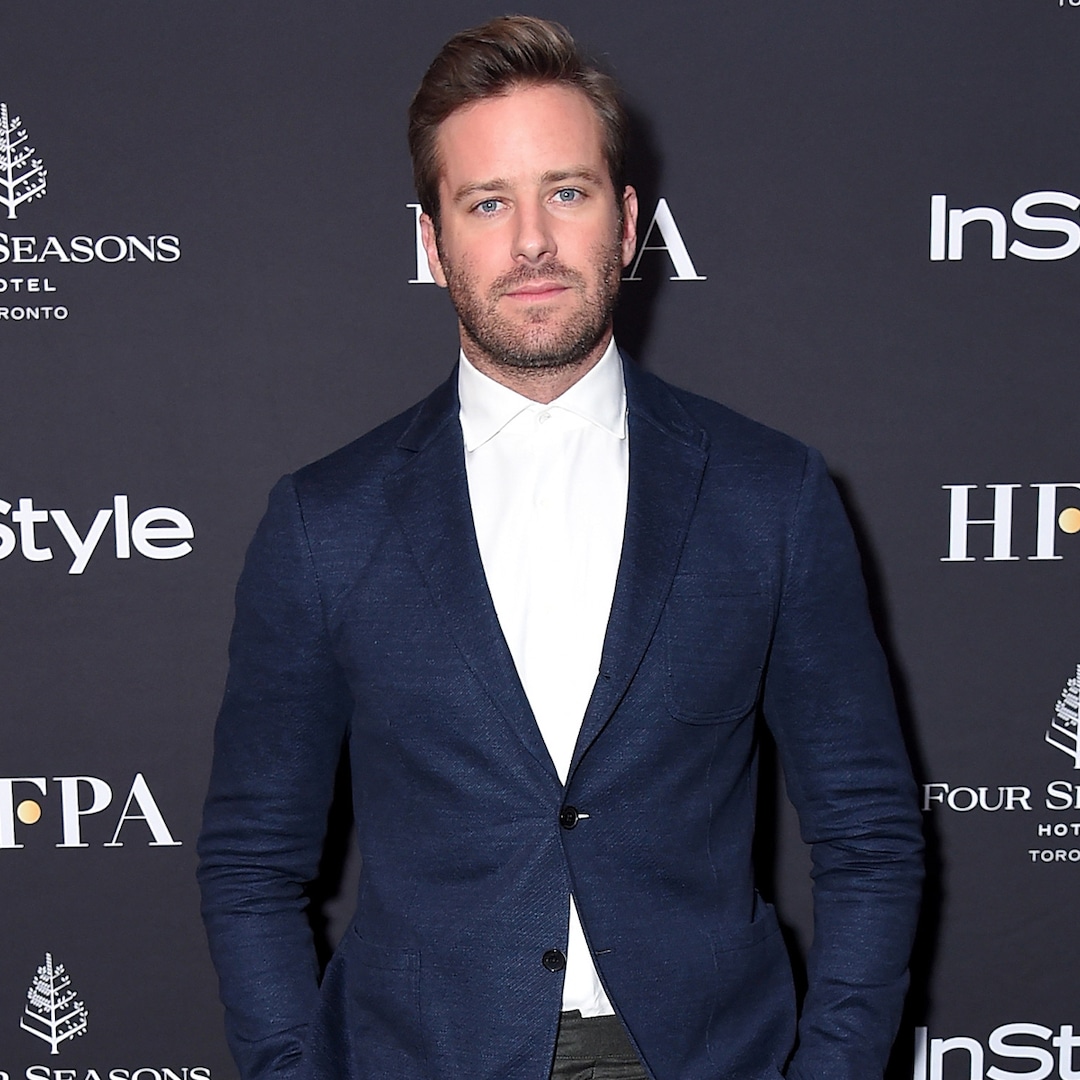
The Great Escape: How Cinemas Were Shaped by the Pandemic
Apr 9, 2024
If you go down to your local cinema, you’ll notice something that’s become quite prevalent over the last few years. It’s difficult to find a film that doesn’t have a fantasy or family slant with blockbuster movies tending towards sci-fi fantasy and animated features offering audiences an escape from the hard reality and “daily grind”.
It’s easy to understand, given our recent history with the pandemic and the rise of superhero films with movies being one of the great unspoken child-minding services of the last 50 years. While it seems parents are more reluctant to let their little ones go and watch a movie by themselves these days, cinemas are still wanting to be strongly associated with animated films, giving families an added option when it comes to visits to the cineplex. Taking a quick visit to the local cinema, it was filled with movie posters for films such as Migration, Wonka, Dune: Part Two, Spy X Family Code: White, Godzilla X Kong: The New Empire, Arthur the King, Kung Fu Panda 4 essentially creating a family-friendly to fantasy mix of choices.
While people are wanting an escape, it’s easy to see why spectacle has become much more entrenched in the Hollywood system. Audiences typically go to the cinema because they can’t access the movie any sooner, they haven’t been in ages, or because the pure spectacle trumps any home entertainment system or streaming service offering. This is tempered by the rising cost of cinema tickets, confectionary stand items and the belt-tightening of a quiet recession. It’s no wonder moviegoing has become more occasional than regular, with filmgoers deciding to stay home and watch something relatively new on a streaming platform or video-on-demand service, rather than venturing out with their disposable income.
Titles are now arriving much quicker to video-on-demand, and because films and cinema aren’t getting the hype and press they deserve, there’s less awareness and fear of missing out to compel people to see things in the opening week. Even through word-of-mouth, by the time they hear something’s worth seeing, it’s not more than a few weeks before it actually becomes accessible on another platform. So, as much as cinemas have survived the pandemic, adjusted their bouquet of entertainment to cater to more alternate content, and even found a way to get out of business rescue in one case, there are still a number of challenges ahead. The romantic notion of going to a movie has enough nostalgia and magic for this cultural experience to remain important and even prized but there needs to be more creativity and innovation.
Given the current landscape, it seems a bit short-sighted to not be making continuous improvements and rolling out slow-creeping changes. Most things are now compared with a month’s Netflix subscription, which makes movie night seem quite ludicrous. By comparison, while distributors have created a more eclectic space in terms of once-off event cinema, with concerts, opera, theatre, and even live events, it seems risky to be trying to survive on the last few faithful, instead of opening up the viewing experience to make it more affordable and easily accessible to everyone.
While theatres have a responsibility to exhibitors, who tend to make most of the ticket in the opening weeks, which is what prompts expensive confectionery stand items, there have been moves to screen older films, revivals, and anniversary re-releases. As much as creating or relying on cinema technology has created some renewed interest in moviegoing, most of these gimmicky types of experiences aren’t sustainable, whether it be licensing, maintenance, or supplies. What the local and maybe global cinema experience requires is more hype, more excitement, and more on-the-ground relevance.
If you aren’t able to populate mainstream media and command enough of an appetite for forthcoming releases, then you’ve really got to make sure that people are doing the marketing for you. A classic example was Barbie and Oppenheimer, two film releases that naturally got people talking and excited to watch a movie in cinema again, transcending the film experience through their proliferation and the excitement they generated, which prompted both audiences and journalists to get involved and ride the tide. The campaigns were smart about tapping into that space and were well-coordinated turning into big money-spinners for cinemas.
Starting their promotional campaigns more than a year in advance, these modern blockbusters expertly navigated the promise and anticipation to ensure that almost everyone with a social media account heard about the film at some point over that time and was looking forward to seeing what it was all about. Not every film can leverage its media property as well as these two did, essentially counterbalancing each other for their big release day for added publicity and pop culture proliferation.
While most aren’t going to have a Barbie media property or brand empire to work with, or an Oppenheimer story in the wings, it does tell us that filmmakers need to see way beyond the actual making of a film and be just as dedicated to the unfurling of it too. It seems like a lot to ask for a filmmaker who is dedicating most of their budget to actually making the film, and to also be charged with a successful marketing campaign. But as big as Netflix is when it comes to the opening week, the miracle of filmmaking requires superhuman versatility to stand out from the rest and do enough to capture collective imagination without simply relying on machine marketing tactics.
Publisher: Source link
Aubrey Plaza Issues Statement After Jeff Baena’s Death
The 40-year-old star and Jeff’s family issued a statement to People on Monday, where they called their loss an “unimaginable tragedy.”The Los Angeles County coroner’s office previously determined that Jeff died by suicide in his LA home. He was 47…
Jan 10, 2025
Jill Duggar’s Husband Clarifies Where He Stands With Jim Bob Duggar
Jessa Duggar (m. Ben Seewald)Jim Bob and Michelle's fifth child, Jessa Duggar, was born Nov. 4, 1992. Jessa met Ben through church and he began courting her in 2013—the old-fashioned approach to romance coming as a brand-new notion to a lot…
Jan 10, 2025
The Internet Has Officially Lost It Over Andrew Garfield's Slutty Glasses
That man knew exactly what he was doing with those glasses.View Entire Post › Disclaimer: This story is auto-aggregated by a computer program and has not been created or edited by filmibee.Publisher: Source link
Jan 9, 2025
Armie Hammer Lands First Movie Role Since Cannibalism Allegations
Armie Hammer Cameos As “Kannibal Ken” in Music Video 4 Years After Cannibalism ClaimsArmie Hammer is heading back to the big screen. More than one year after the Los Angeles Police Department ended their lengthy investigation into the Call Me…
Jan 9, 2025











